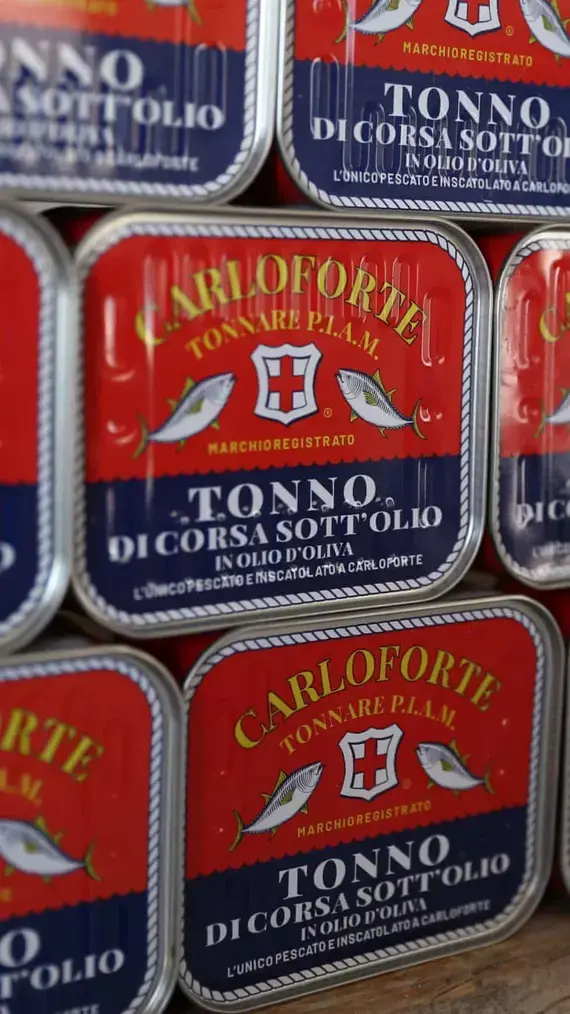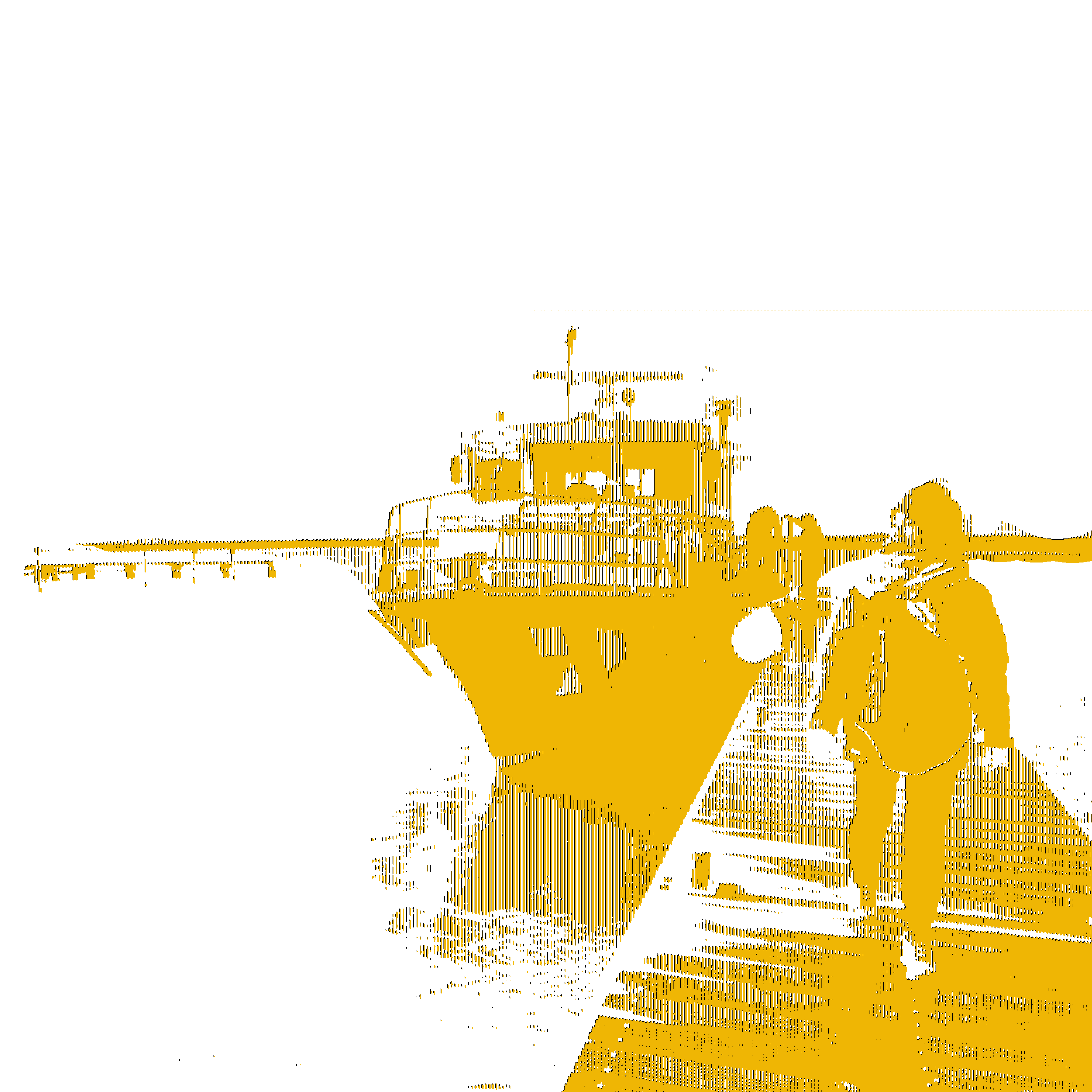As the magnificent bluefin tuna began rapidly disappearing from the Mediterranean sea due to overfishing in the 80s and 90s, the European Union (EU) scrambled to set up a strict plan to help the ravaged populations recover. Starting in 1996, the EU began limiting the mass of bluefin tuna member states were allowed to extract from the sea.
Although the well-intentioned regulations were necessary, given the fast and devastating decline of tuna populations, they came at a high cost that went ignored. In Italy, local tuna fishermen suffered bankruptcy as they could not survive on the measly fishing quotas assigned by the EU. Longstanding sustainable fishing traditions died out. Meanwhile, Italian consumers have resorted to purchasing imported tuna or relying on by-catches that are processed under unhygienic conditions and sold illegally in local markets.
The EU’s regulations proved effective in stopping the extinction of tuna in the Mediterranean, creating a safe haven to help populations recover. But, it unknowingly created an oligopoly that concentrated bluefin tuna quotas only on a few large-scale fishing fleets. Although forward-looking environmental policies are critical to reverse the effects of overexploitation of natural resources, such policies tend to prioritize macro impact. But very often, it is small-scale stakeholders like local fishermen and farmers that bear the brunt of the economic impact of these regulations.








